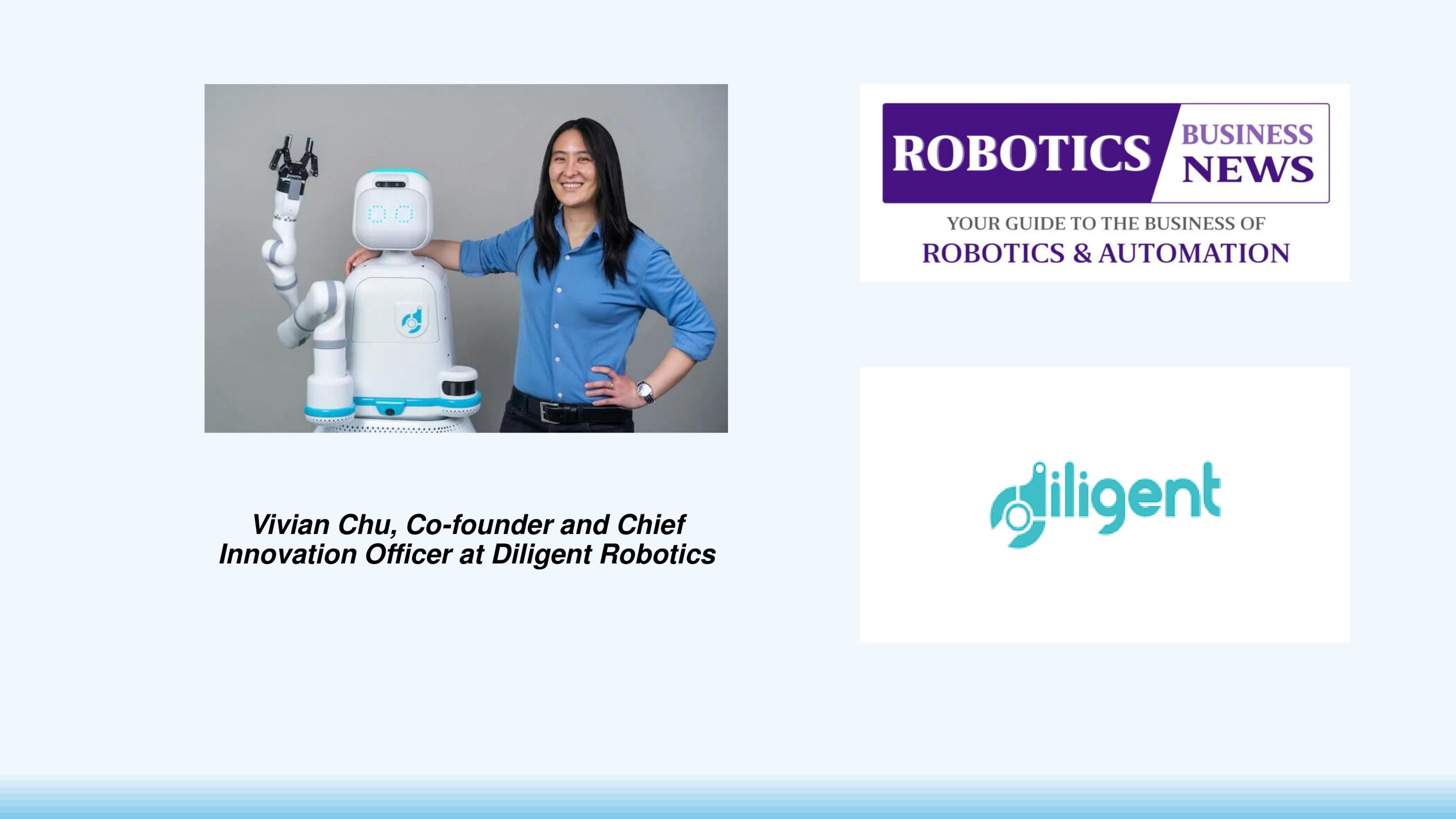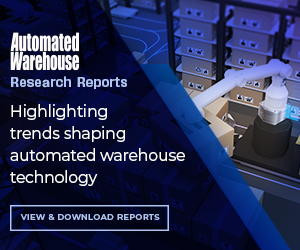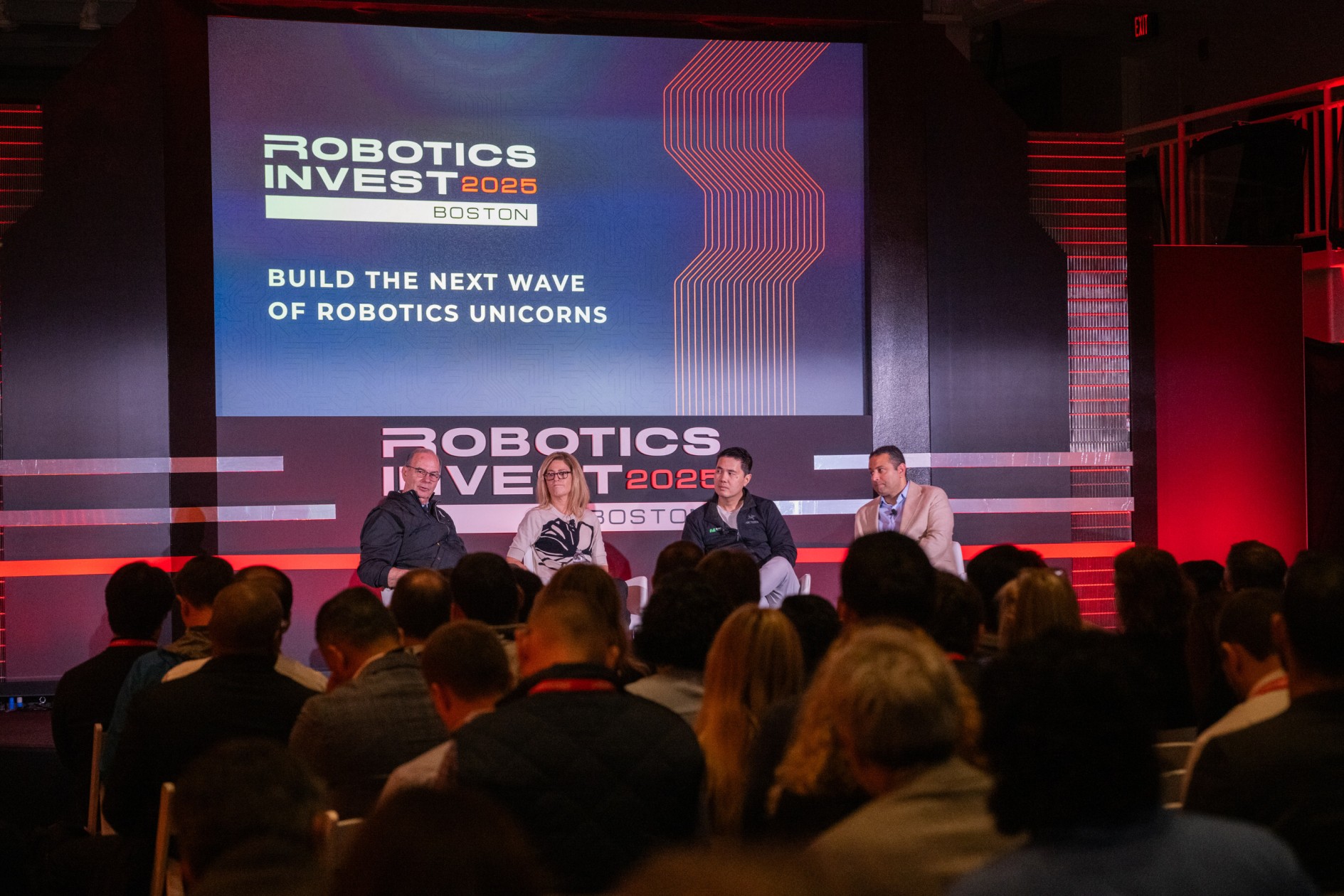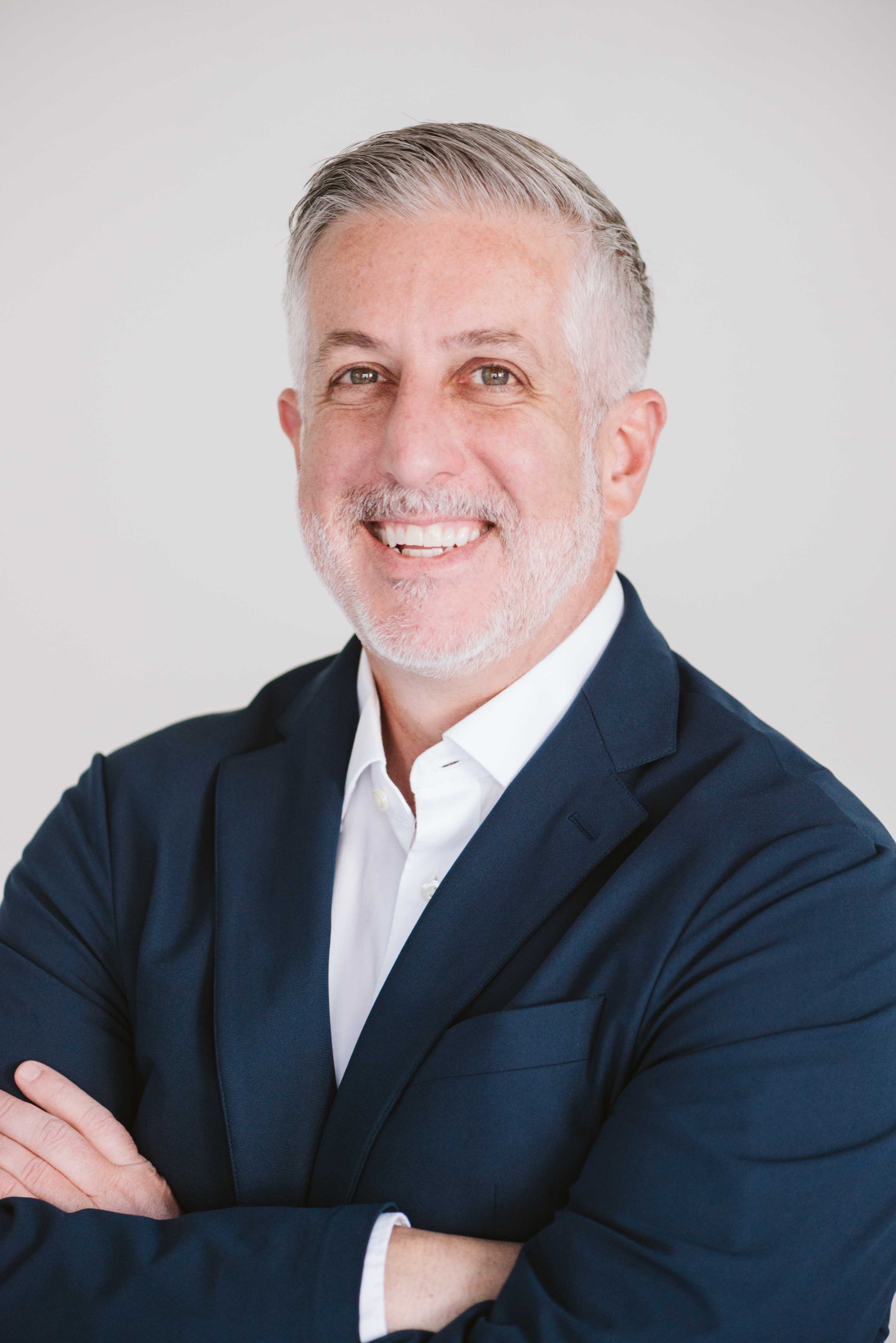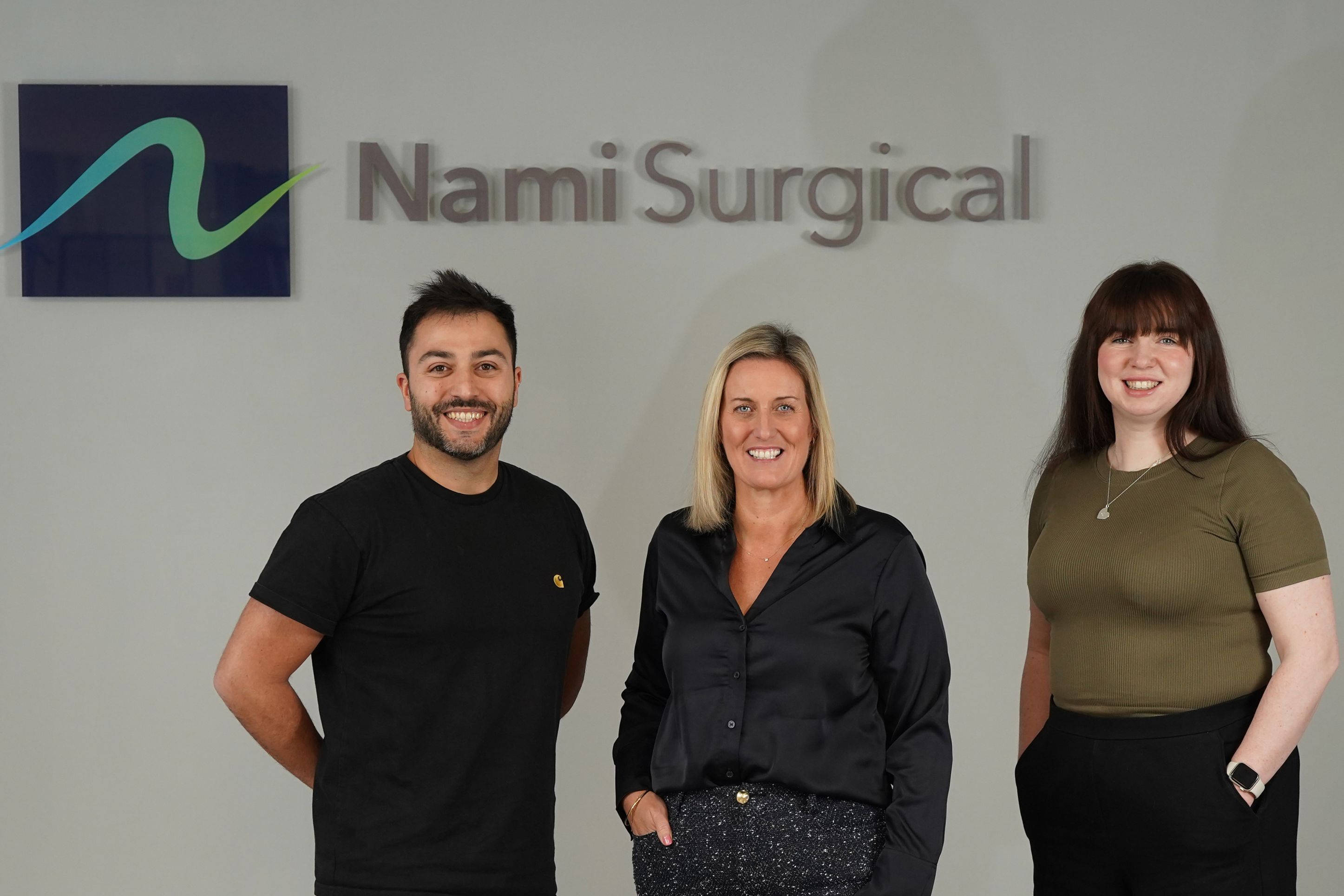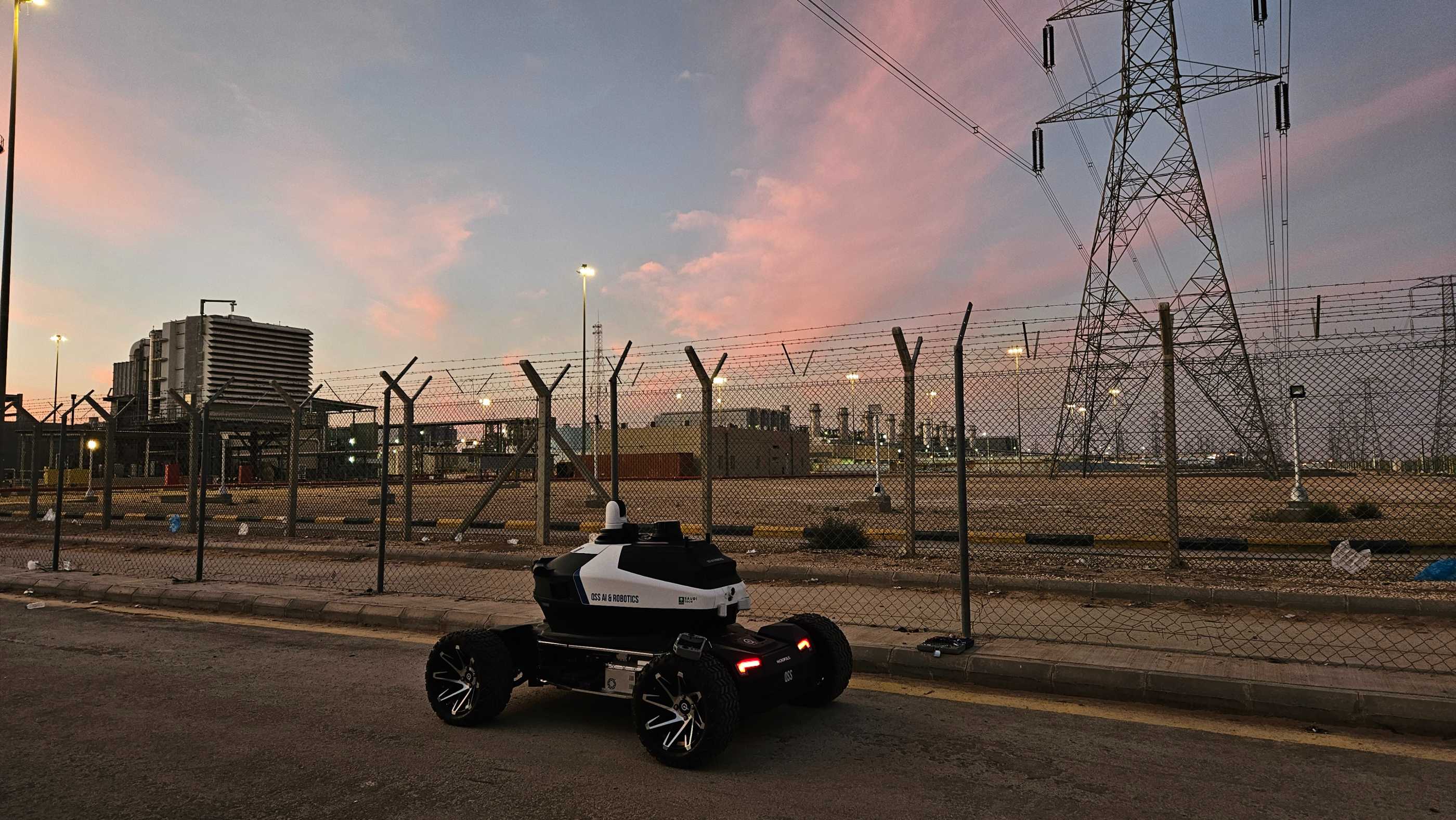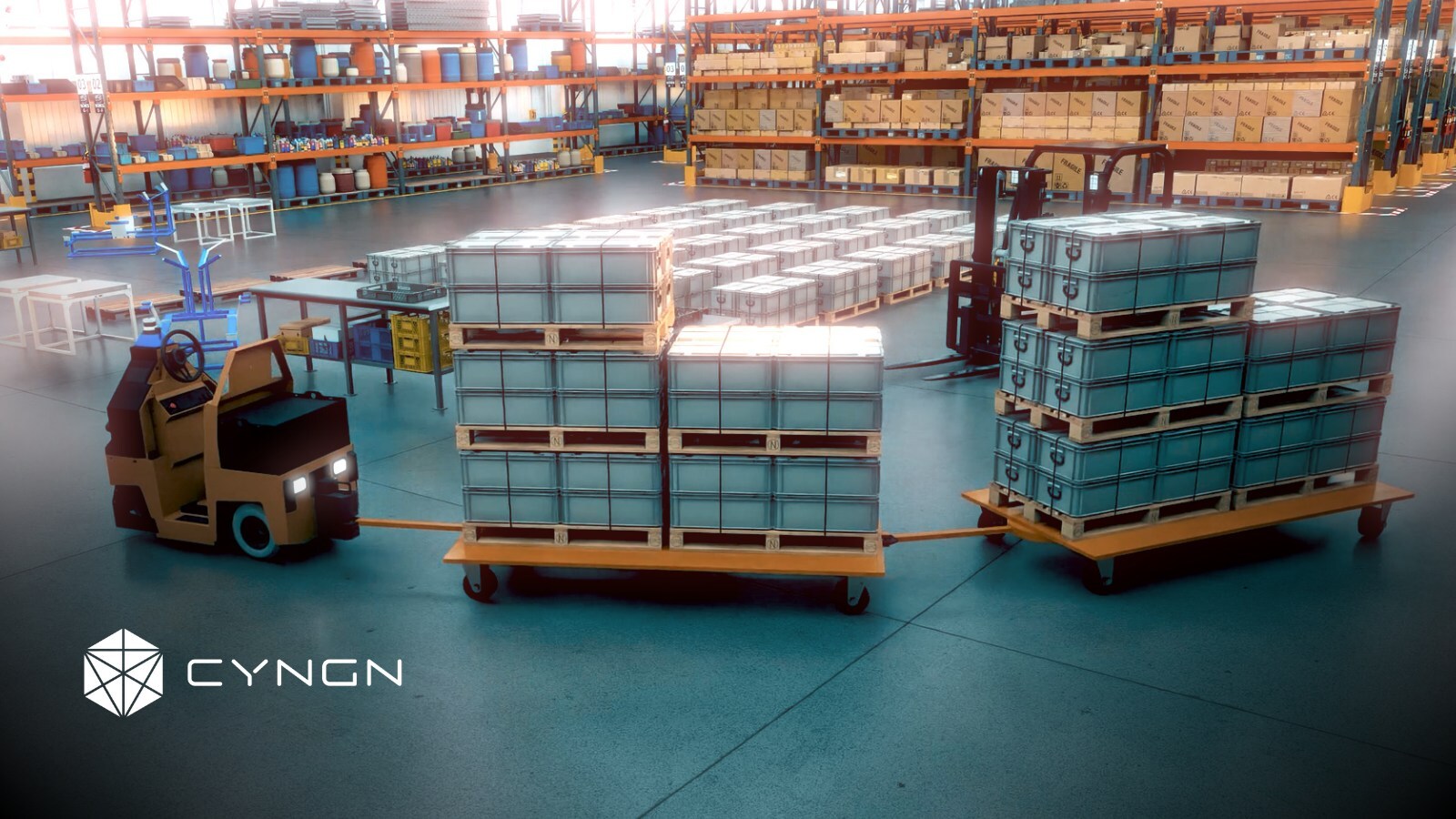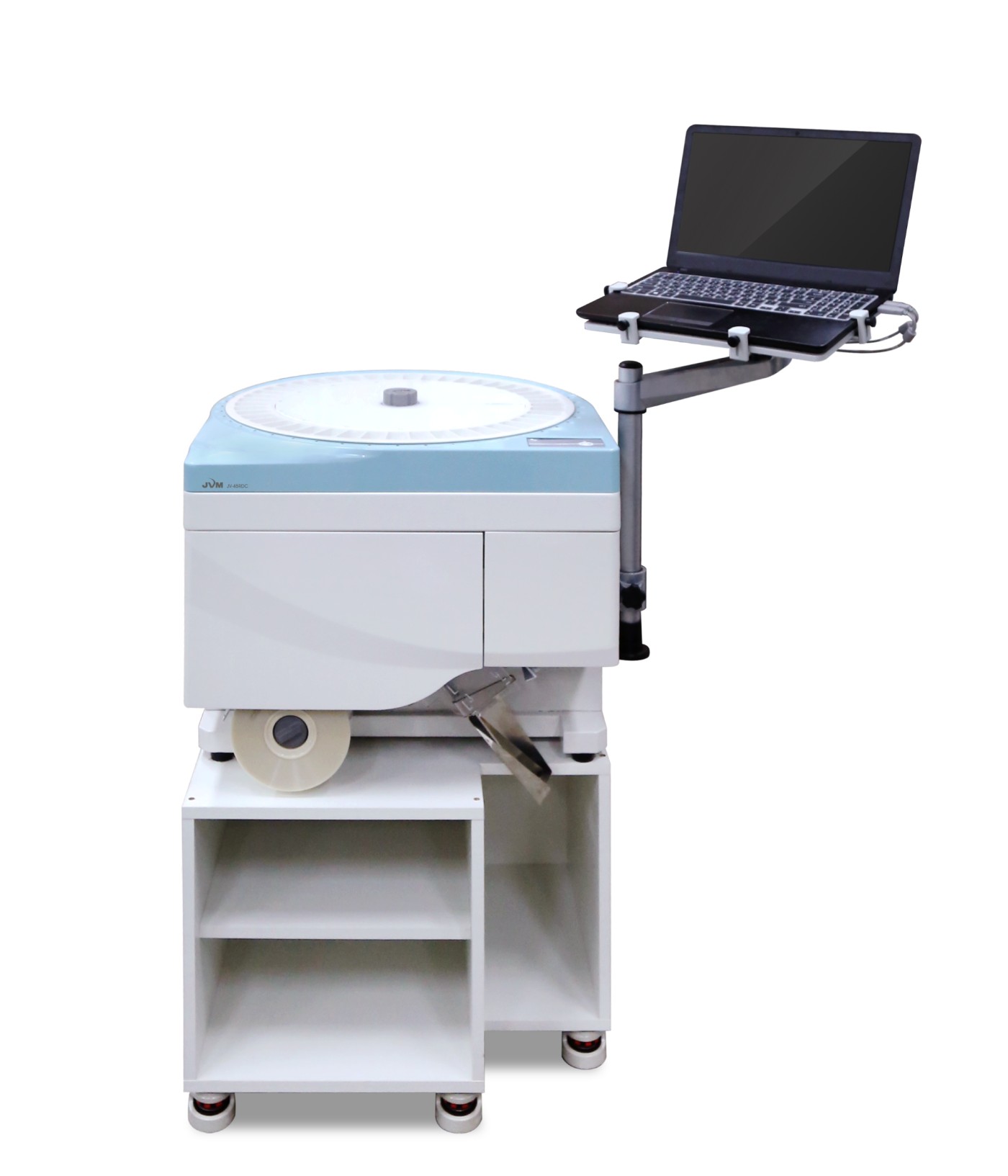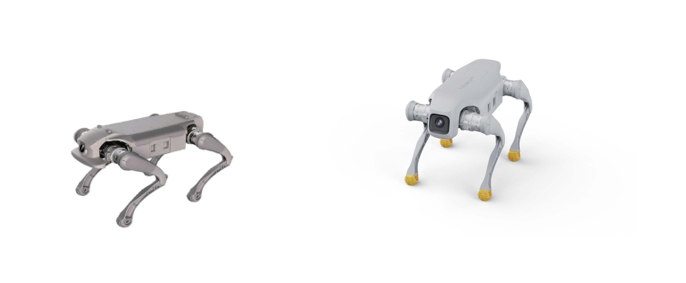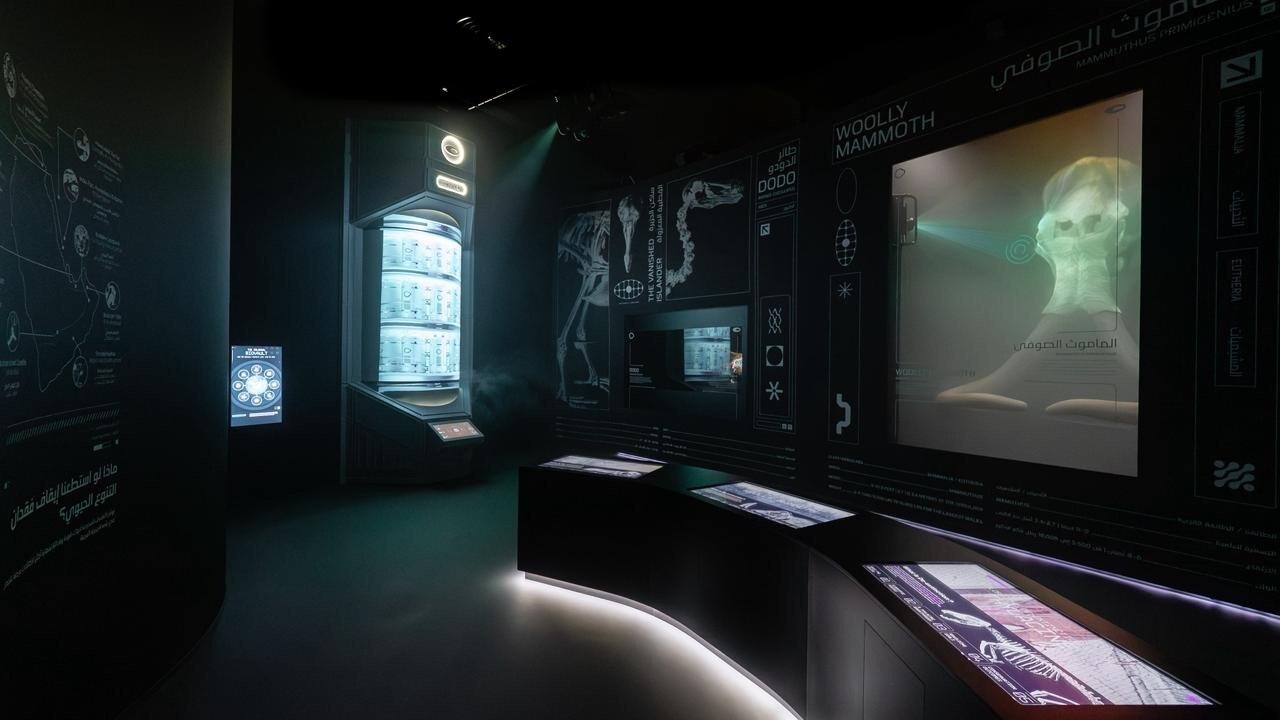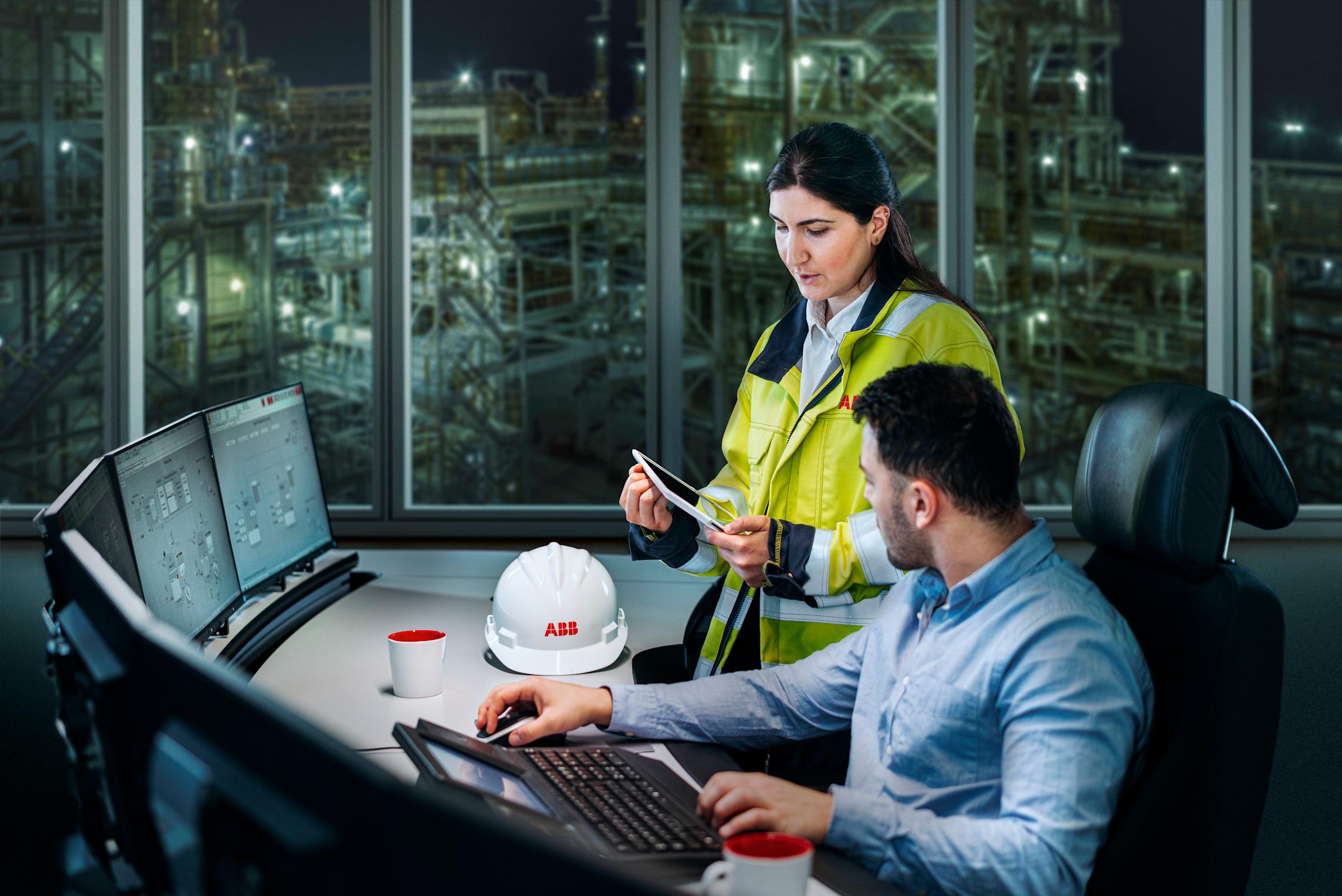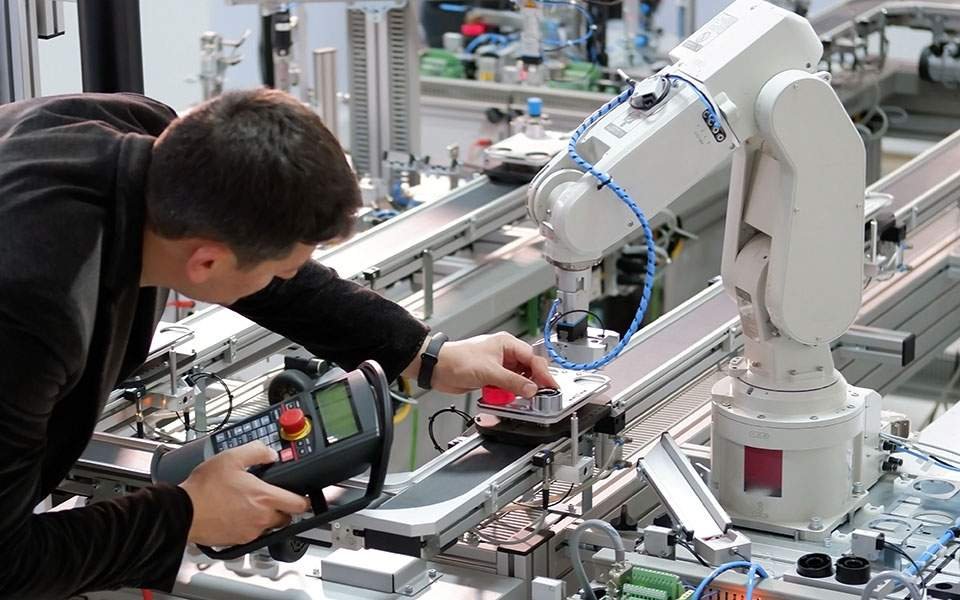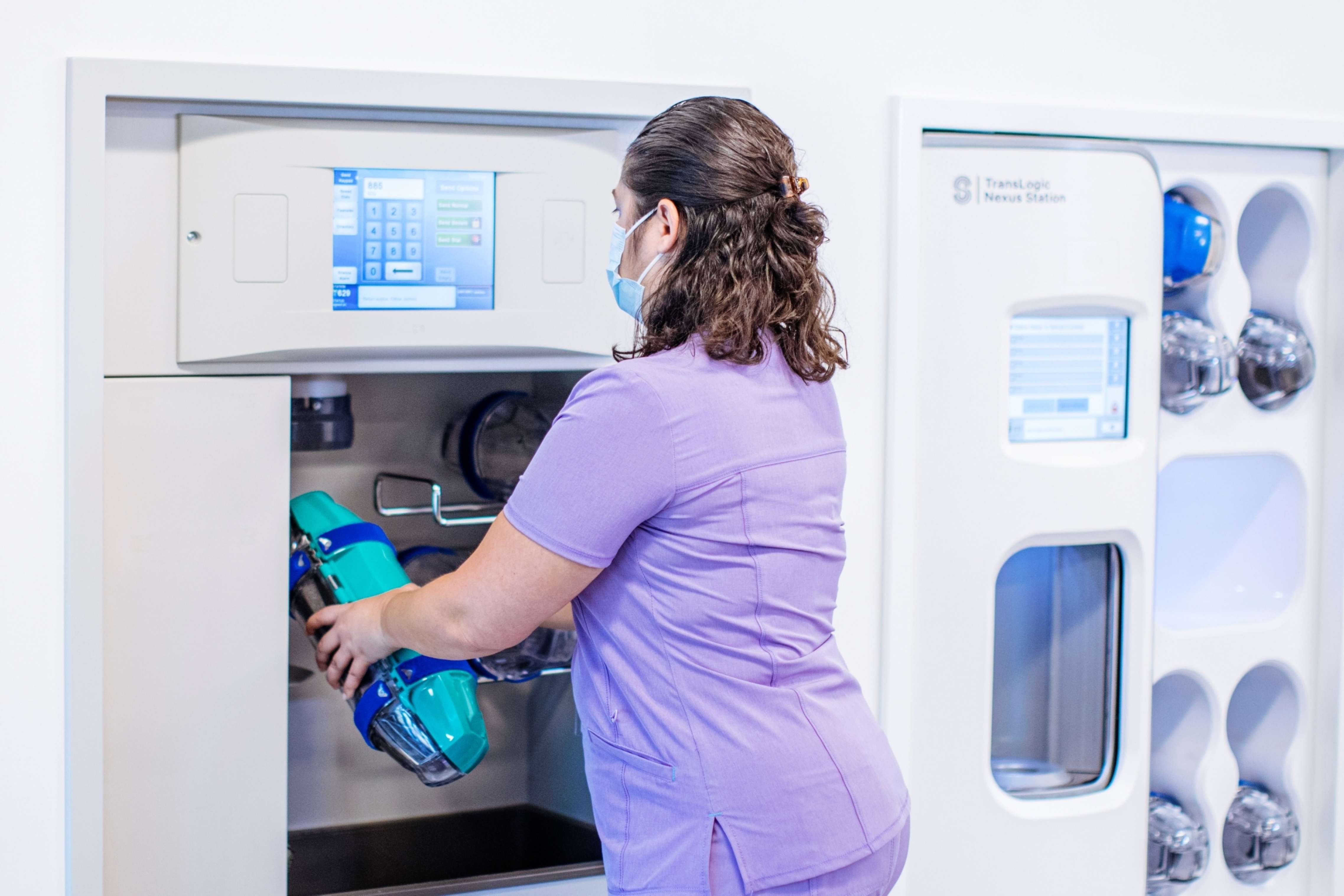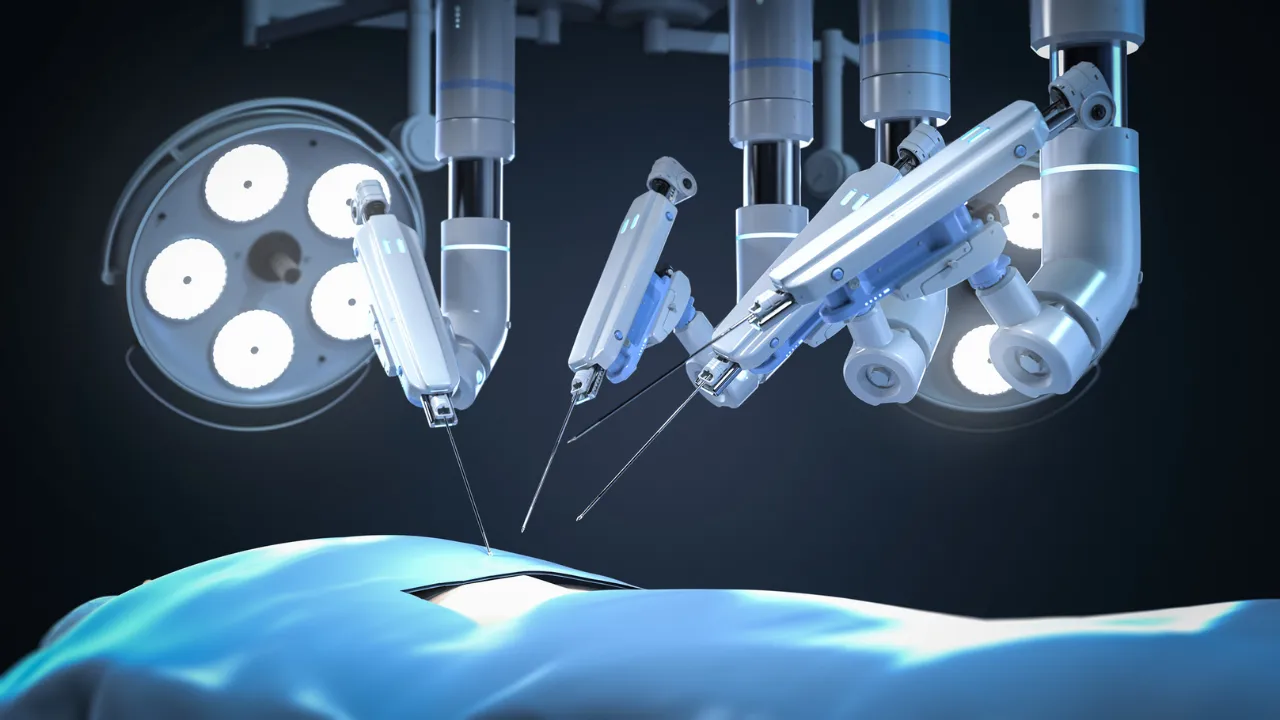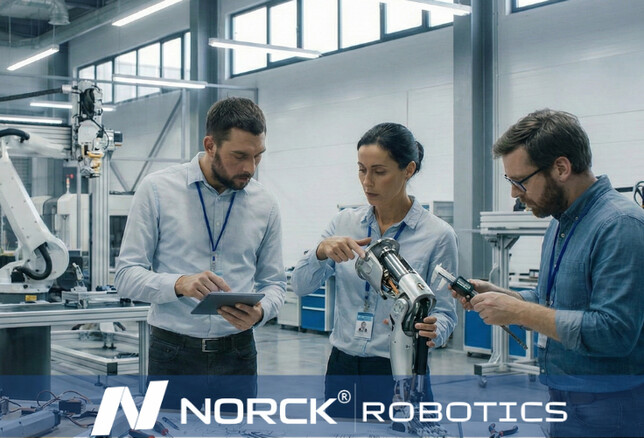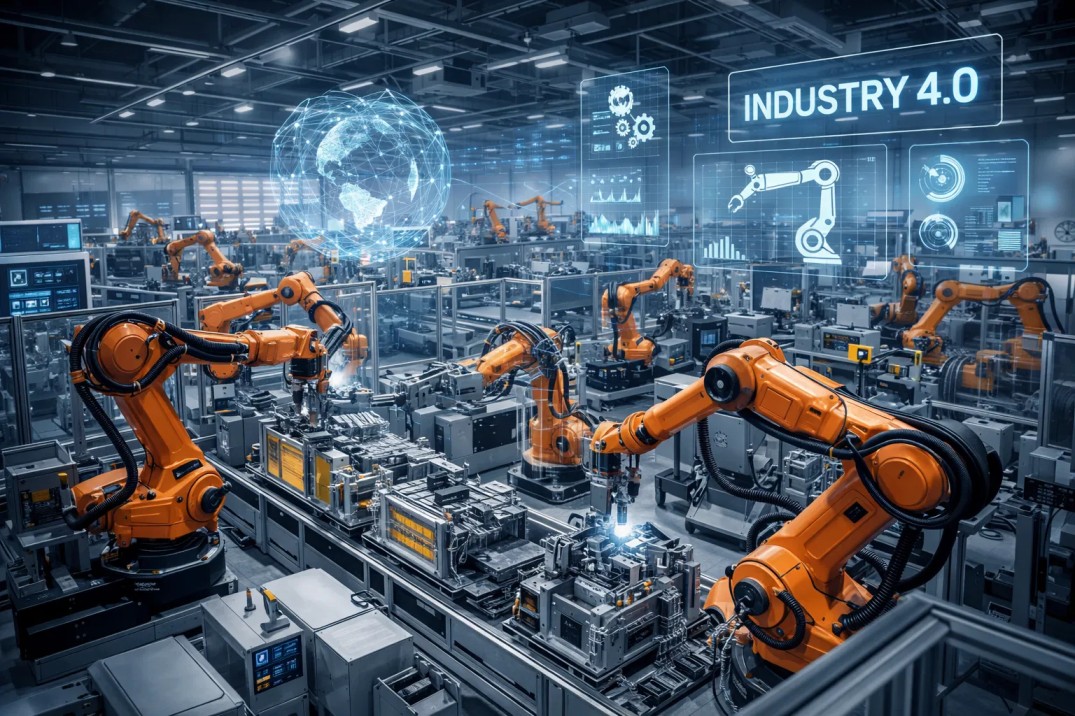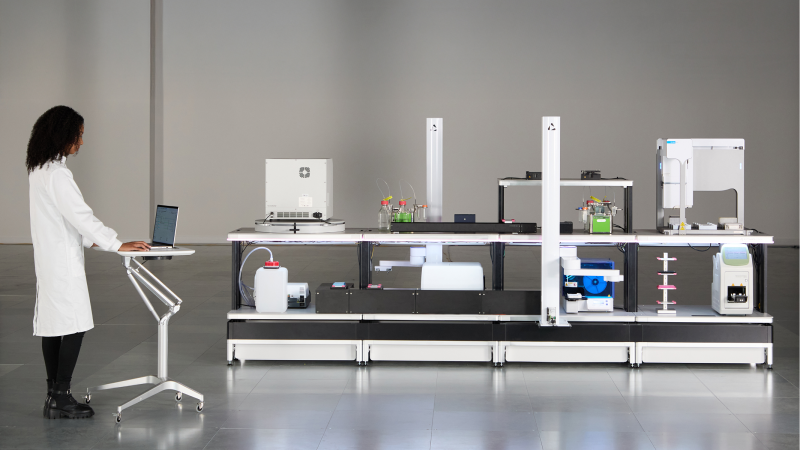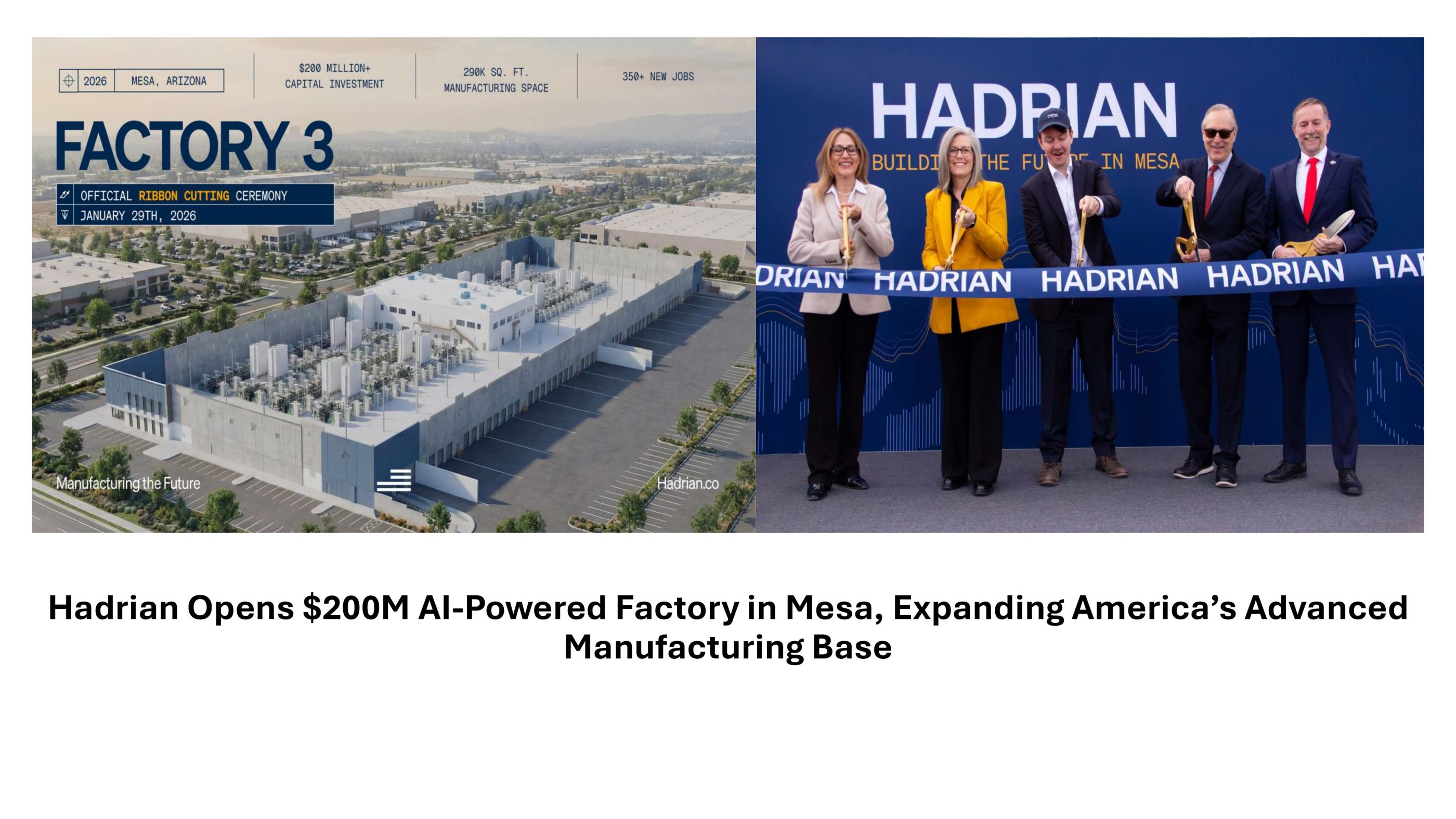Diligent Robotics’ Vivian Chu Shares Vision for Scaling Hospital Automation in Interview with Robotics Business News
17 November 2025 | Interaction | By editor@rbnpress.com
In an exclusive interview with Robotics Business News, Vivian Chu, Co-founder and Chief Innovation Officer at Diligent Robotics, explains how the partnership with Swisslog Healthcare and the company’s Moxi robots are expanding autonomous last-mile delivery, easing clinical workloads, and reshaping hospital logistics across the U.S.
Diligent Robotics Co-founder and Chief Innovation Officer Vivian Chu spoke with Robotics Business News about the company’s expanding partnership with Swisslog Healthcare and how its Moxi robots are transforming last-mile delivery in hospitals. With more than one million deliveries completed, Moxi is reducing clinical workload, improving efficiency, and paving the way for a new era of human-robot collaboration in U.S. health systems.
What inspired Diligent Robotics to partner with Swisslog Healthcare, and what value does this bring to scaling your autonomous delivery robots across U.S. hospitals?
Swisslog Healthcare has long been a trusted leader in hospital automation, helping health systems improve efficiency through pneumatic tube systems and pharmacy automation. Partnering with Swisslog Healthcare allows us to extend that innovation into new areas of hospital logistics by combining their stationary automation with our state of the art mobile manipulation robots.
Our work together is complementary. Swisslog Healthcare systems handle high-volume, short-distance transport, while Moxi manages the dynamic, last mile point-to-point deliveries that require mobility and interaction in complex hospital environments. Together, we can help hospitals expand the reach of automation and free clinical teams to focus more of their time on patient care.
Moxi has completed over a million deliveries, including 300,000 pharmacy deliveries. What makes Moxi particularly suited for the complex, fast-paced hospital environment?
Hospitals are some of the most complex environments in the world, filled with constant motion, critical timing and human interaction. Moxi was purpose-built for exactly that setting. Its AI allows it to perceive what’s happening around it, adapt to changing conditions, and act safely and efficiently in real time. Moxi’s minimum viable humanoid form factor is crucial in enabling Moxi to traverse through ADA doors and ride elevators without having to do costly hospital facility modifications.
With more than 1.2 million deliveries completed, including 300,000 pharmacy deliveries, Moxi has proven its ability to operate in environments where predictability is rare. It can navigate crowded hallways, share elevators with staff and patients and complete tasks without interruption.
How do you ensure that Moxi integrates seamlessly with Swisslog Healthcare’s automation systems and existing hospital workflows?
While Moxi and Swisslog Healthcare systems do not have physical or data integrations, they are designed to work together in a complementary way. Swisslog Healthcare’s pneumatic tubes and pharmacy automation handle high-speed, repetitive transfers within fixed infrastructure. Moxi extends that automation by managing the last mile of delivery, transporting medications, supplies and specimens between departments, across buildings, and to areas not connected by the tube system. Together, Moxi and Swisslog Healthcare reduce manual transport and help staff spend more time where they are needed most with patients.
How have hospital staff responded to working alongside Moxi, and what measurable benefits have you seen in terms of time saved or improved patient care?
The response from hospital teams has been overwhelmingly positive. Many view Moxi as part of the staff, giving high-fives, naming the robot, and even celebrating it as “Employee of the Week.” That sense of connection shows how naturally Moxi fits into hospital culture and daily routines.
Beyond the smiles, the impact is measurable. Moxi has completed more than one million deliveries, saving clinical teams over 1.5 billion steps and hundreds of thousands of hours that would have been spent walking supplies and medications across hospital campuses. That time is now redirected toward patient care, improving efficiency and reducing burnout for nurses and support staff.
Hospitals require extremely reliable systems. How does Diligent Robotics ensure Moxi operates safely in high-traffic, sensitive healthcare environments?
Reliability and safety are core to Moxi’s design. Each robot is equipped with advanced sensors and real-time perception models that detect obstacles and adjust for safe navigation. Every robot is tested extensively before deployment, and we monitor fleet performance continuously through our Remote Operations Center.
Our team also uses the vast amount of real-world data collected from the fleet to strengthen performance with every update. After millions of deliveries and interactions in hospitals, Moxi has built a strong record of safety and dependability.
What challenges do you anticipate as you deploy Moxi at scale in multiple health systems, and how does partnering with Swisslog Healthcare help address these challenges?
Scaling across health systems means navigating different infrastructures and workflows at every site. While Moxi continually learns and improves its ability to handle new environments, workflows and change management require flexibility because each hospital operates in its own way.
Swisslog Healthcare has decades of experience integrating automation into hospital environments, and their understanding of operational flow helps accelerate deployments. Together, we can build cohesive automation strategies that adapt to each hospital’s unique needs and expand the overall impact of robotics.
How does Moxi contribute to operational insights, and what role does AI play in optimizing last-mile delivery in hospitals?
Every Moxi task generates valuable operational data, from delivery times to route efficiency and peak activity hours. Hospitals use this information to understand where time is being lost, what items are constantly being transported throughout the facility. All of this information allows hospitals to continuously optimize workflows for their staff.
Moxi’s AI continuously learns from fleet performance, allowing the robot to make smarter routing decisions and anticipate needs before they arise. This approach brings true intelligence to last-mile delivery, turning each delivery into a data point that drives improvement across the hospital.
Looking ahead, what innovations or new capabilities can hospitals expect from Diligent Robotics, and how do you see autonomous robots shaping hospital logistics in the next 3–5 years?
We are focused on advancing autonomy and dexterity to expand the scope of work Moxi can perform. Our goal is to help hospitals automate more of the routine, repetitive tasks that take time away from patient care, especially in areas like surgical services and pharmacy operations.
In the next few years, we expect hospitals to operate as human-robot teams, where automation manages predictable work like building surgical trays and restocking medication carts and people focus on what requires compassion, expertise, and creativity. That is the future we are building toward where technology helps people do the work they care about most.


